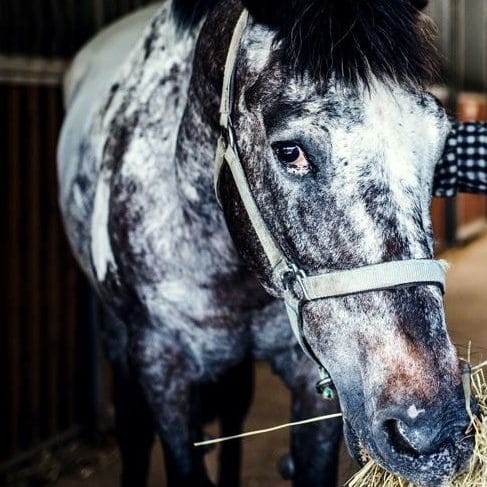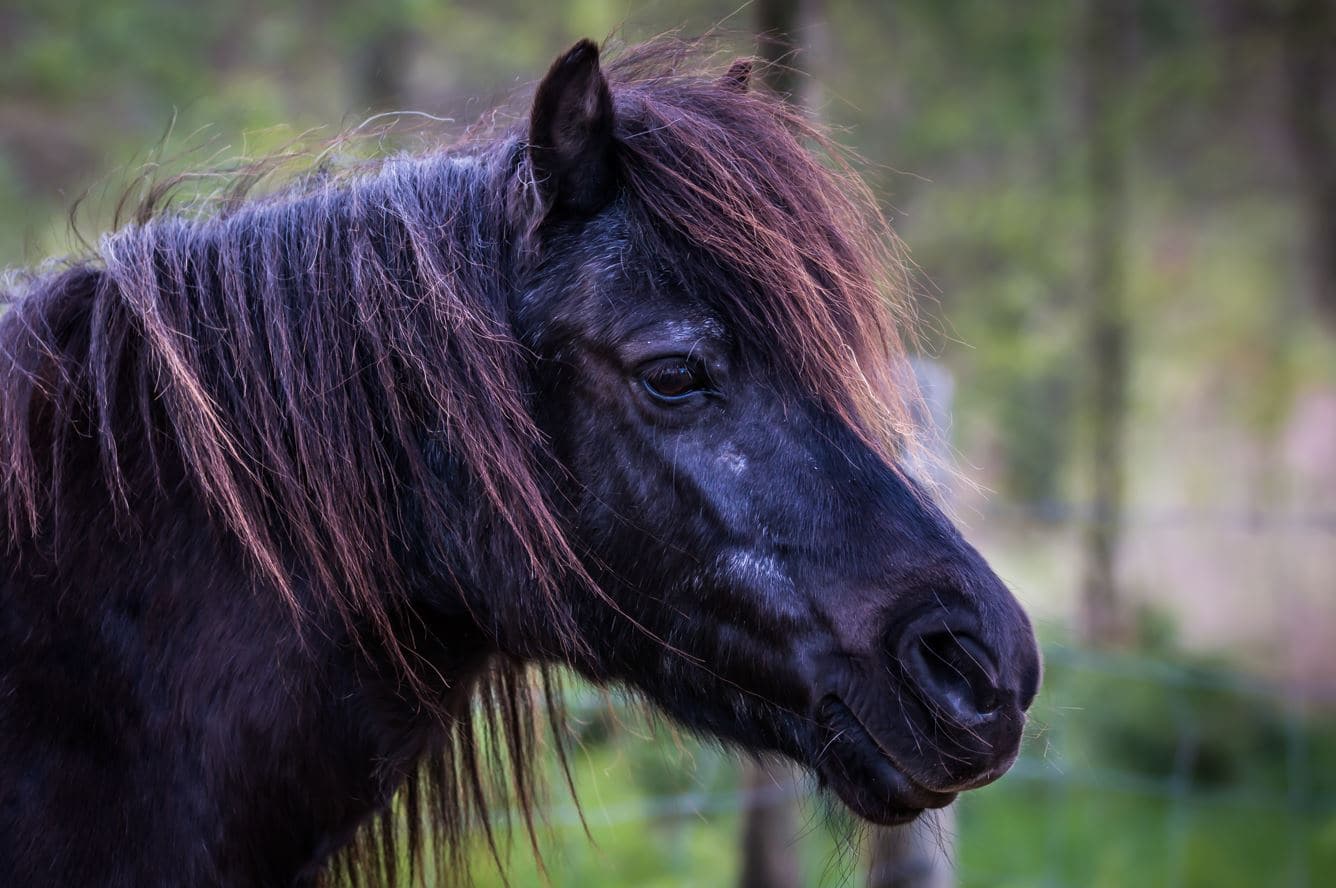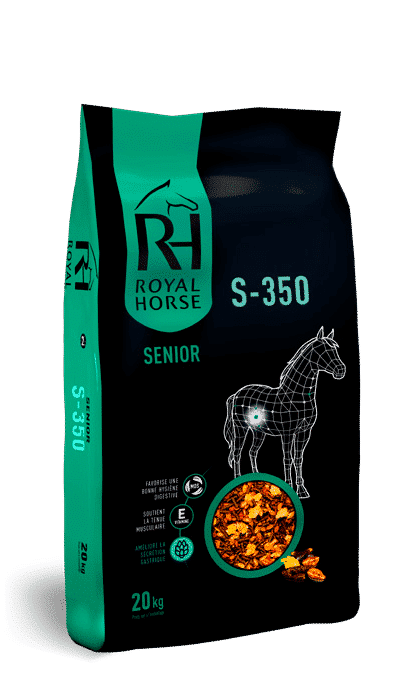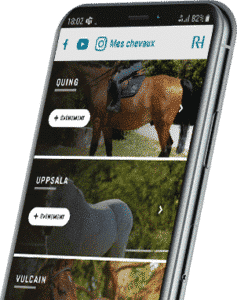The first signs of aging in horses can vary depending on the horse and its lifestyle. Nevertheless, old age in horses is often characterized by a loss of muscles, a rump that becomes less round or osteoarthritis that can deform the legs. From the first signs, it is important to adapt the diet of your retired horses.
How to feed your old horse?
The passage to retirement is a delicate stage in the life of a horse. It implies a change of life, sometimes radical, for your horse, in terms of his environment, his physical activity and his diet. It must therefore be prepared with the greatest care.
How does old age affect the retired horse?
With age, your horse becomes more fragile. First of all, physically, the senior horse may develop osteoarthritis. This common disease in horses will make it difficult for them to move around (especially if they have to move to get to their food).
Find out how to treat osteoarthritis in horses. His dental tables will also start to become increasingly rough, his gums more sensitive and his teeth may start to move. His chewing will become more difficult.
On the digestive side, the large intestine will have more difficulty assuming its role of assimilating nutrients. Digestive enzymes will be secreted in smaller quantities.
Also, if your horse changes environment (for example from a life in a box to a life in the meadow), it will have more difficulty to warm up in winter when the temperatures drop. This will cause his body to burn more energy and consequently lead to weight loss.
On the other hand, a retired horse will necessarily change because it will lose muscle mass, since its physical activity will have decreased. For all these reasons, the horse’s diet needs to be adapted in order to guarantee all the proteins, vitamins and minerals necessary for the good health of your horse.
How to manage your senior horse’s diet?
The basis of horse feeding – even for senior horses – is still forage. If your senior horse lives in a meadow, it can already feed on grass. It is important to supplement with hay depending on the season and the quality of the grass.
However, as the horse’s ageing dentition can make chewing difficult, it may be necessary to give him vegetable fibres. Through rations that will be distributed several times a day. Pellets for horses will not be suitable for senior horses, for the same reason as mentioned above.
Flaked feeds are a better option. S350 Retirement Horse Food has been specifically developed to take into account the new energy needs of your horse. It provides this additional energy in the form of flakes and vegetable fat. It also contains pre-biotics and bio-regulators of the intestinal flora which will secure the digestive transit of your horse.

How to help your senior horse to live his retirement in all serenity ?
In order to guarantee the best possible dietary transition for your horse, put all the chances on your side. Here are some tips that may be useful :
- Regular monitoring by an equine dentist and a veterinarian will be necessary to ensure that he does not develop any pathology. A farrier may also consider going barefoot if conditions permit, or changing his shoes to relieve him in case of specific foot pathology.
- Don’t hesitate to cover your senior horse in winter so that he doesn’t spend too many calories to warm up. If necessary, bring him into the stall at night or on the coldest days if he lives in the pasture and has difficulty maintaining his condition.
- Also keep a regular physical activity, on the one hand to avoid a too important and too fast melting of his muscular mass, on the other hand to facilitate digestion, and finally to allow him to continue to be in contact with his “friends” of club or meadow if they continue to work.




